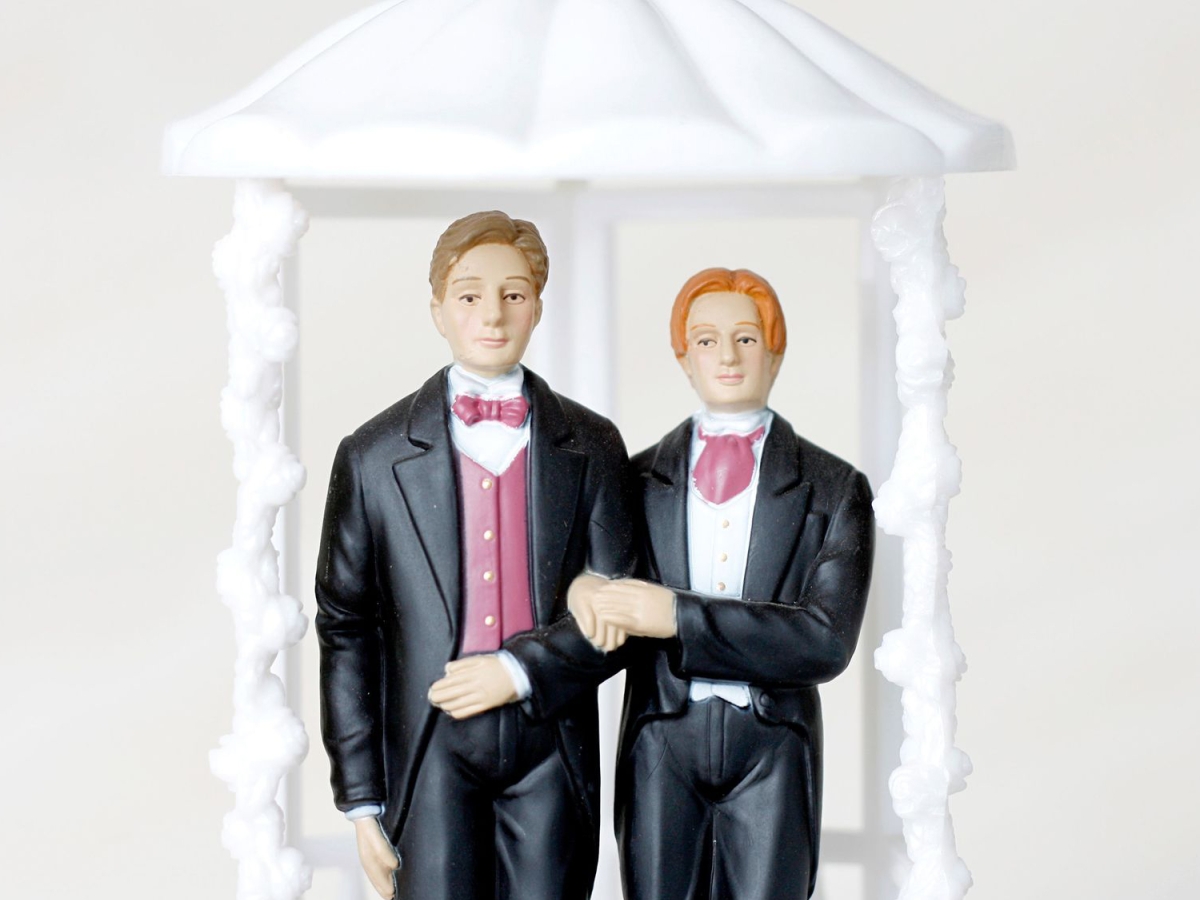
Civil Partnerships 10 years on
The Civil Partnership Act will be 10 years old on the 5th December 2015. This landmark law created civil partnerships for same sex couples. For the first time, same sex couples who took part in a civil partnership were given the same legal rights and responsibilities as heterosexual married couples.
The first civil partnership which was formed under the Act took place at 11am on the 5th December 2005 between Matthew Roche and Christopher Cramp at St Barnabas Hospice, Worthing.
Statistics show that 18,059 couples entered into a civil partnership between the 5th December and the end of December 2006 with a further 8,728 taking place in 2007, 7,169 in 2008, 6,281 in 2009, 6,385 in 2010 and 6,795 in 2011. In 2012 the numbers were 7,037 and in 2013 they were 5,646.
However, what is the current position in relation to civil partnerships today?
There has been a significant decline in the number of civil partnerships between same sex couples since 2014. There was a major development in the law which occurred within the Marriage (Same Sex Couples) Act 2013 which extended marriage to same sex couples. Although civil partnerships remained available for same sex couples, since the 10th March 2014 same sex marriages are now legal.
The introduction of marriages for same sex couples in March 2014 has caused a significant drop in civil partnerships as in 2014 there were just 1,683 civil partnerships entered into.
Same sex couples now have two choices if they wish to formalise their relationship. They can either a) enter into a civil partnership; or b) a marriage under the new law. It is likely that the figures for civil partnerships between same sex couples will decline even further as a result of the introduction of marriage for same sex couples.
An interesting development in relation to civil partnerships is that there is a demand amongst some same sex couples for a change in the law to allow civil partnerships for couples of the opposite sex. Some commentators are of the view that the 2013 Act has in fact unintentionally created inequality as there is no legally recognised equivalent to a civil partnership between opposite sex partners.
Tory MP Tim Loughton, the MP for East Worthing and Shoreham, has pushed forward with a bill which would introduce civil partnerships as an alternative to marriage for straight sex couples.
On the 21st October 2015 Mr Loughton’s private members bill, the Civil Partnership Act 2004 (amendment) bill was debated in the House of Commons and leave was given for the bill to have its second reading on the 29th January 2016. If the bill successfully gets its second reading then it will go to the committee stage.
There is an argument that by offering civil partnerships as an additional option to marriage for heterosexual couples that this could have positive benefits for couples who cohabit. At the present time cohabiting couples have no legal rights or protection and some commentators are of the view that if civil partnerships are permitted between opposite sex couples this could increase the number of cohabiting couples who move towards a formal relationship.
It would be ironic that if, 10 years following the Civil Partnership Act coming into force, this piece of legislation which intended to give same sex couples legal rights had the indirect consequence of causing straight civil partnerships to come into effect and we face the possibility that if that happened and there was a significant demand for them that there could be more civil partnerships for heterosexual couples than couples of the same sex.
For specialistadvice on same sex marriages and civil partnerships, please speak to our experienced family department on 0113 320 5000 or by email@email.
